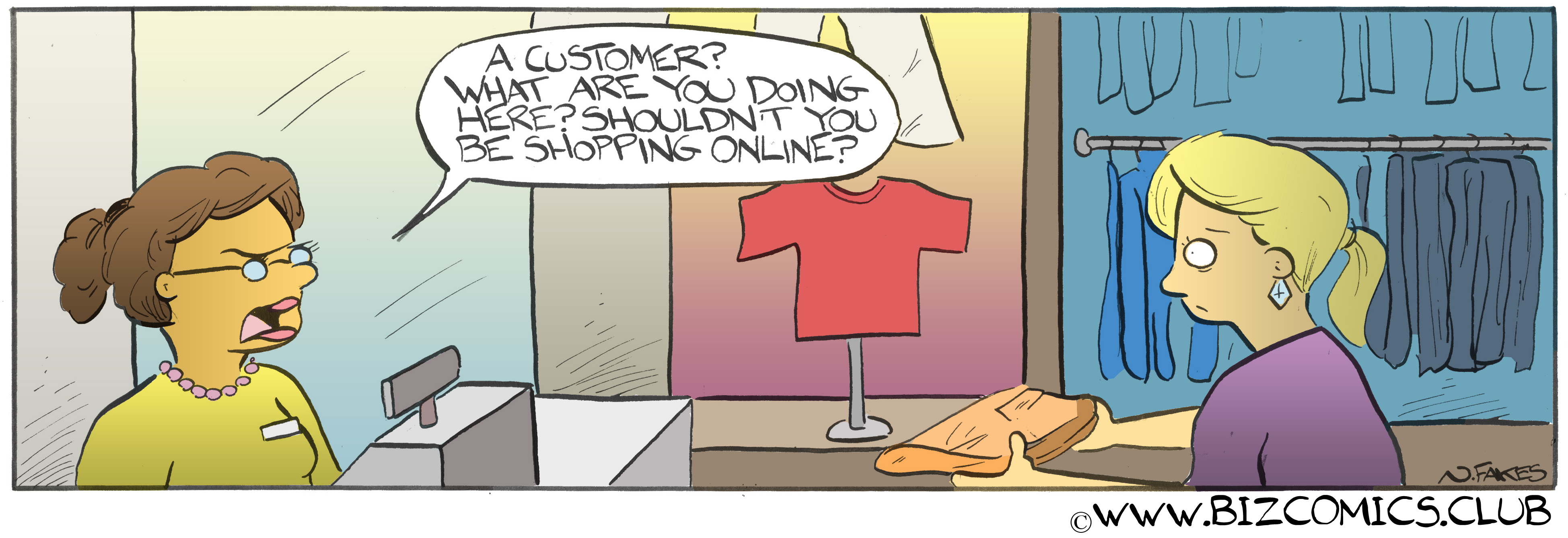If you’re thinking about moonlighting in a retail gig, and especially if it’s been a while since you attempted any such thing, you should be prepared to encounter some rather profound disorientation. That’s because marketing has become more much technical and sophisticated. (Selling hasn’t. But that’s a whole other story.) Here’s why (or how):
Whomever it is that may or may not wander into your establishment may or may not be exactly real. That’s right. Because of the technical sophistication to which marketing has been subjected, purveyors of products and services — particularly those priced low enough to be considered commodities and sold retail — no longer target people. Uh uh. They now target buyer personae. Here’s a serviceable definition, aggregated from a number of different sources:
A buyer persona is a research-based representation (RBR) of the ideal buyer for a company, product, or service. Each persona is created in the form of a fictional person (FP) and embodies the behavioral characteristics of someone who might purchase your product or service.
The key phrases there are research-based representation, fictional person, and might purchase. Loosely translated, it means that a figment of some marketing-automation program’s digital imagination may have the potential (no guarantees) to exchange some manner of legal tender for whatever good or service you might be peddling. Consequently, as you prepare to punch in and go out on the sales floor, you can reasonably expect to have exchanges that go something along these lines:
You: Good afternoon. May I show you something in a fashionable vegan leather handbag today?
RBR/FP: What are you going to put in it?
You: I mean would you like to see a handbag.
RBR/FP: No. Sorry. In addition to not actually being here, I’m just looking.
This may seem laughably implausible, but it’s not. In fact, in addition to influencing retail marketing, this practice has already created a binding precedent in tort law: In the case of Beechwood v Mildew, Mildred Beechwood, a buyer persona from Spud Park, Idaho, filed a harassment suit against Angela Mildew, a saleswoman in a local farm-supply store, for overly aggressive sales tactics. It was the first time in American jurisprudence that a saleswoman (or any other human being) was sued by a fictional person.
Be careful out there. It’s a Brave New World.


We plan to start selling vintage furniture that slightly resembles such furniture, but you can’t actually sit on it, place things on it, or store stuff inside of it. The real furniture we’ve been selling had clearly gone out of style.
Thank you for your comment, Jeff. Since you’re as trendy as you are, you’ll no doubt be selling your furniture to fictitious characters in simulated transactions. Nice work.